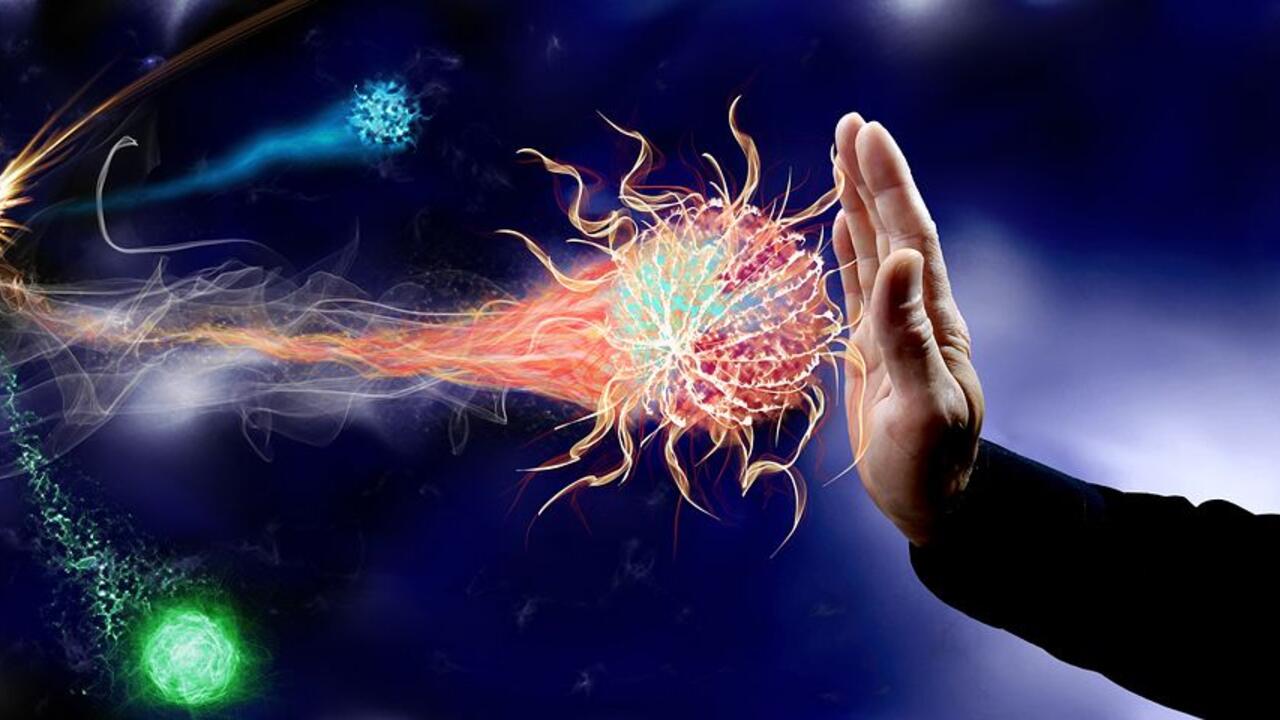A new mechanism to greatly boost the immune defense system with a specific class of drugs may be the key to treating COVID-19 and other diseases or viruses, such as HIV and cancer.
The research is grounded in the discovery of a new mechanism that amplifies the reaction cycle of the human immune defense system.
“This discovery can have a huge impact in the treatment of many diseases and viruses and importantly right now, COVID-19,” said Professor Qing-Bin Lu, lead researcher on the study. “With this new knowledge, we hope to be able to greatly boost the efficacy of the immune system to help it fight aggressive viruses and diseases with new potent compounds to outperform drugs that have some very serious side-effects.”
Lu discovered a new signaling pathway that functions in a delicate balance with a known nitrogen-oxide pathway within the reaction cycle of the immune system. The new pathway triggers the reaction cycle which ignites the immune defense. With this knowledge, Lu has identified a class of drugs that acts on the new pathway, stimulating it to fight off illness in a much safer and more effective way.
“We have substantially increased the fundamental understanding about the immune defense with this discovery,” said Lu. “The research shows that the antiviral effect via the reaction cycle can be amplified by 100,000-fold, resembling the reactions causing the large ozone hole in the atmosphere. It’s very exciting to begin moving into the next phase of research on this discovery and to provide another possible treatment for viral diseases such as HIV and COVID-19.”
Lu plans to move into the next phase of his research, testing in the lab, by July, 2020.
The study, Reaction Cycles of Halogen Species in the Immune Defense: Implications for Human Health and Diseases and the Pathology and Treatment of COVID-19, appears in the journal Cells in its June 2020 edition.








